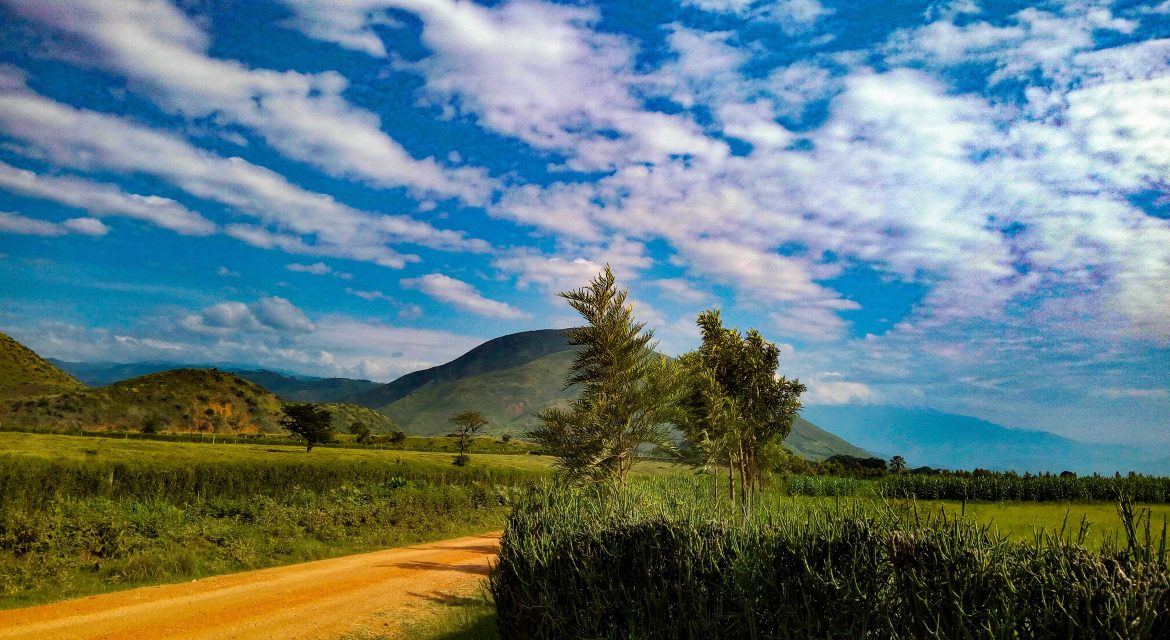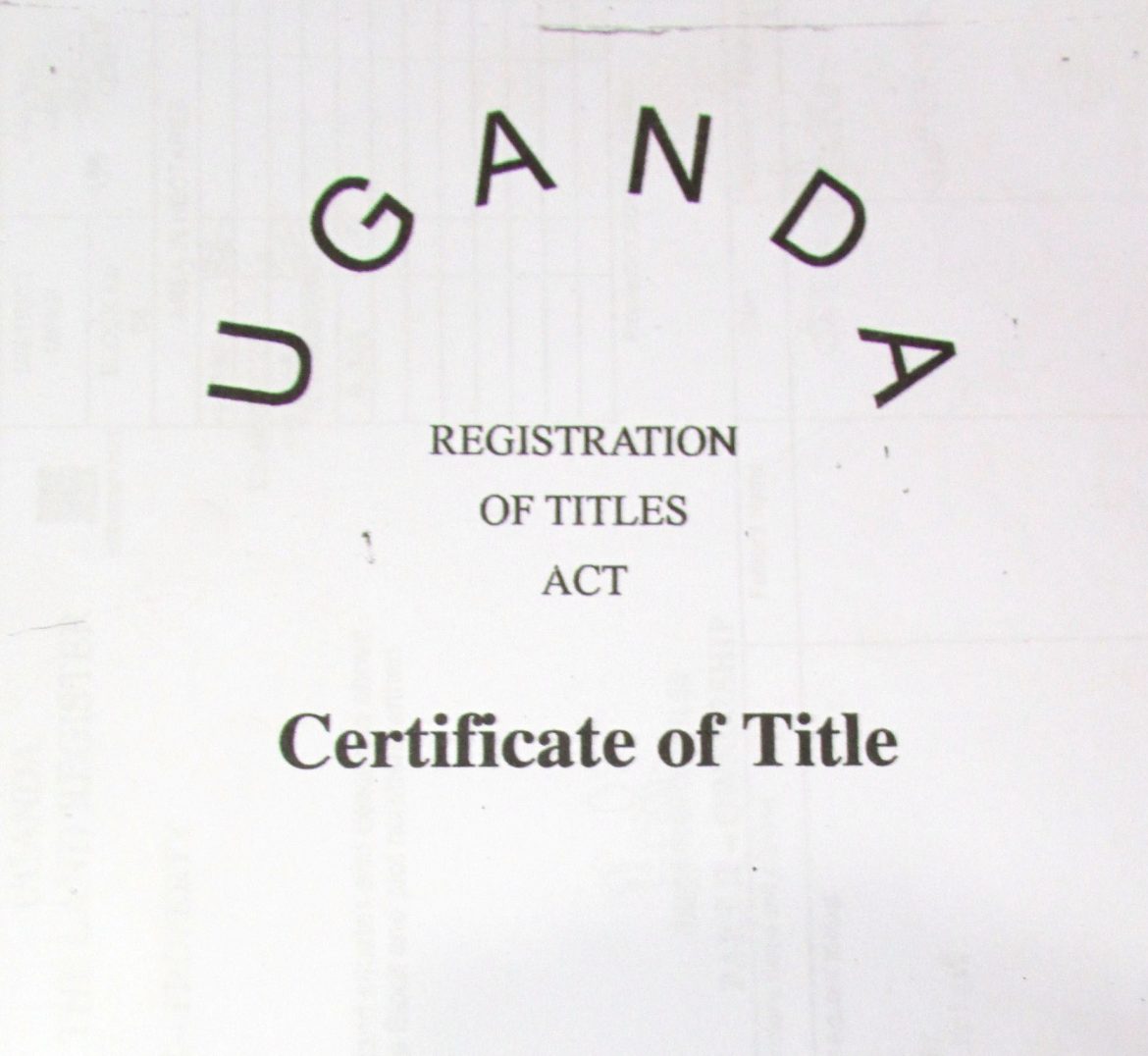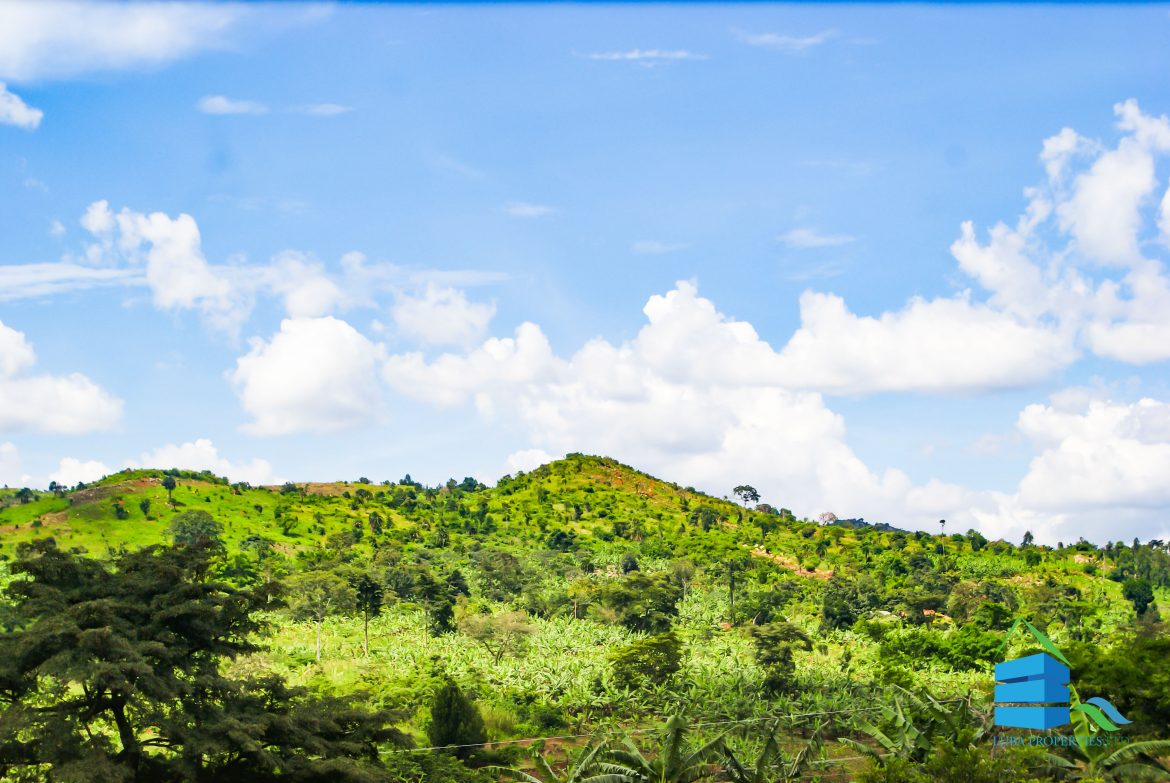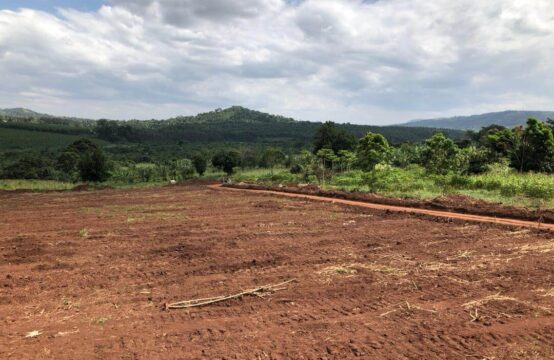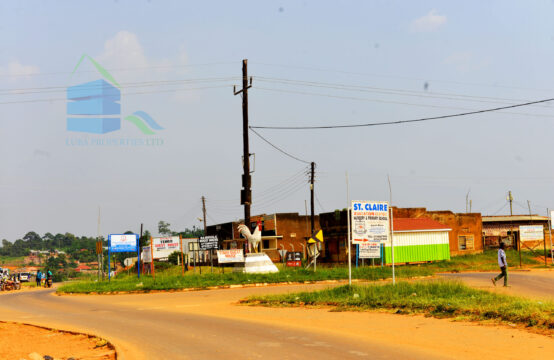
Leasehold tenure is contracted out by owners or holders of customary, freehold, mailo, or public land. It is the tenure type most commonly used by foreign investors. Foreigners may obtain contracts for leases of the land of up to 99 years, with the opportunity for renewal.
According to the Land Act of 1998, Section 40(2), “A lease of five years or more acquired by a noncitizen shall be registered following the Registration of Titles Act.” The Registration of Titles Act of 1924 lays out the procedures for registering leaseholds. Long-term leases can be used as collateral to obtain a commercial loan.
Public land controlled by the District land board is available for leasing by a District Land Board to an applicant when it is either;
(i) vacant and there are no conflicting claims to it,
(ii) or is occupied by the applicant and there are no adverse claims to that occupation,
(iii) or where the applicant is not in occupation but has a superior equitable claim to that of the occupant,
(iv) or where the applicant is not in occupation but the occupant has no objection to the application.
If a Ugandan who holds land in Freehold and Mailo tenure loses their citizenship, their land automatically changes to a lease of 99 years. This is because a non-citizen can only own land in leasehold tenure.
How to acquire a Leasehold Land Title
HOW TO ACQUIRE LEASEHOLD TITLE IN UGANDA
Step 1
The Applicant must have in his/her possession fully completed Forms 8, 10, 18, 23, a set of 3 authentic deed plans, 3 Passport Photographs, Receipts of Payment, and a forwarding letter requesting for a Leasehold title signed by the District Land Officer of the respective District where the land is located.
Step 2
The Applicant presents the full set of original documents and a photocopy of the same, to the Department of Land Administration for Checking. The Photocopy is stamped ‘Received’ and returned to the Applicant. The Applicant checks with the Department of Land Administration after 10 working days to confirm their approval or rejection and is given a letter advising him/her on the fees to be paid.
Step 3
Once approved, the documents are forwarded to the Department of Land Registration for preparation and issuance of Lease agreements. The applicant checks after 10 working days to pick up the Lease agreements for signing and sealing by the Chairperson and the Secretary of the respective District Land Board and to Pay Stamp Duty, which is 1% of the Premium and Ground Rent.
Step 4
The applicant presents fully signed and sealed lease documents by the District Land Board Chairperson and Secretary and lease agreements embossed by URA. The applicant is given a photocopy of the lease agreements stamped ‘Received’.
Step 5
The applicant presents the photocopy given to him/her by the Department of Land Registration stamped ‘Received’ and identification documents on collecting the Leasehold Title. The applicant signs for the Title and the Photocopy is stamped ‘Returned’ on completion.
HOW TO RENEW A LEASE IN UGANDA.
1. All land leases expire on the last day of the contractual period.
2. Some leases are renewed automatically while others must be renewed subject to grant upon request depending on the lease terms.
3. You can only renew a lease expired, that is when the lease period comes to an end. However, should you want to change anything in an ongoing lease you may go for lease variation or extension.
CONVERSION OF LEASEHOLD INTO FREEHOLD IN UGANDA.
A lease that was granted to a Ugandan citizen out of formerly public land can be converted to freehold. Where a lease of land exceeding one hundred hectares is converted into freehold, the owner shall pay the market value as determined by the chief government valuer for the new interest before the conversion becomes effective and the money paid shall become part of the Land Fund.
PS. All land sold by Luba Properties is Private Mailo land. If you have any land-related matters, please give us a call on 0773259007/ 075744466.

